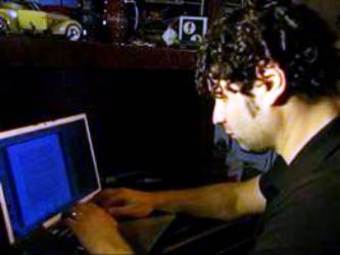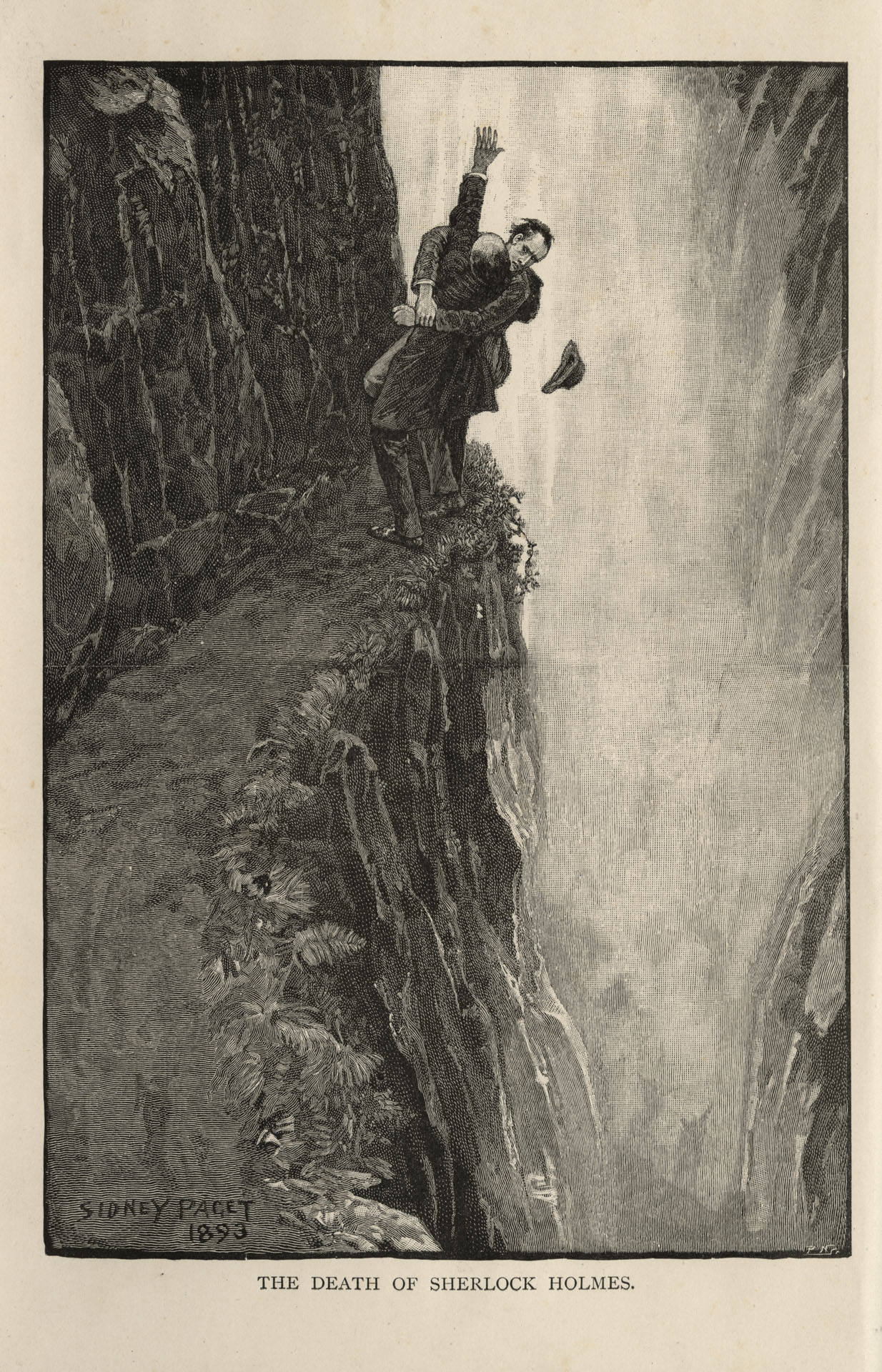A Man for All Seasons was an Academy Award winning film about a principled man standing up against the king of England.A Man for All Semesters – a review of a book which has won no awards, but received plenty of attention – is about an unprincipled hack who writes papers for students too lazy, ignorant or both for money then brags about his fraud in a tell-all that he expects people to go out and buy.

It never fails to amaze me that publishers always appear ready, willing and very able to publish books about wrong-doers and less about those who do it right, and The Shadow Scholar – How I Made a Living Helping College Kids Cheat, is another example of this problem. Dave Tomar is the hack and Rutgers graduate who details how he made a fair living as a writer-for-hire, a night-errant for the well-healed indolent.
Charles Dameron, a Yale Law student, reviews the book for theWall Street Journal (Sept. 21) as an advisory to parents, teachers and students. He uses his review not to praise Tomar, who sold-out years ago, but to educate colleges as to the fraud that too many students seem all too eager to participate in.
“Tomar didn’t just aid and abet casual cheating,” Dameron writes. “Rather, he claims, he was engaged in a process of systemic intellectual fraud… fabricating ‘personal statements’ for unqualified college applicants; crafting term papers for undergraduates… sweating over doctoral dissertations… even, in one extraordinary case, doing the writing for an entire Ph.D. program in cognitive and behavioral psychology on someone else’s behalf.”
Dameron informs us of the shocking problem: “Sociologists Josipa Roksa and Richard Arum, in their 2011 bookAcademically Adrift, found that, of a nationally representative sample of thousands of college students, over a third demonstrated ‘no significant progress on tests of critical thinking, complex reasoning and writing’ after four years in college.
“Former Emory University president William Chace, in a recent essay on the normalization of cheating in the academy, wrote of a ‘suspicion that students are studying less, reading less, and learning less all the time.’ The numbers back this up. Economists Philip Babcock and Mindy Marks reported in 2010 that the number of hours that full-time college students spent on their studies dropped by a third between 1961 and 2003, to 27 hours per week from 40.”
How can the next generation ever hope to develop the critical thinking and communication skills necessary to get ahead, much less solve a myriad of societal problems they will surely face if they farm-out their homework as well as their thinking to some hired gun that appears to write with pride of his many anonymous accomplishments?
Bloomsbury’s release of Tomar’s book is particularly timely in light of several recent cheating stories: Harvard revealed the largest cheating scandal in its history acknowledging that as many as 125 students cheated on a final exam (Aug. 31); three top French chess players were found guilty of conspiring to cheat during the Paris Open, the Bienne Open and the Chess Olympiad (Aug. 12); and in one of the last events you’d ever suspect, Scrabble, where one player was disqualified from the National Championship for pocketing blank tiles (Aug. 16).
All of these stories beg an old question: Is honesty the best policy?
I’ll look at a recent study to answer that question next time.
Comments









